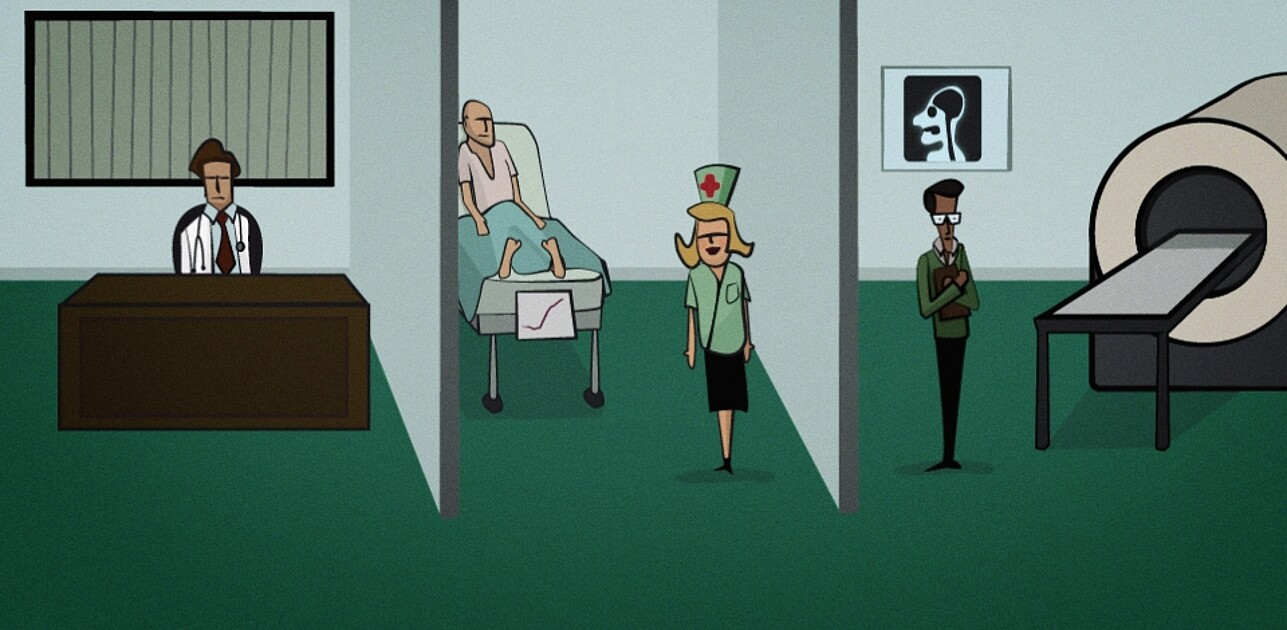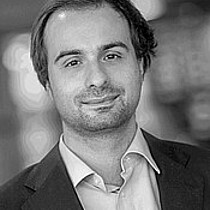

Article: Wednesday, 30 November 2016
Nurses and doctors tend to share their knowledge mostly with colleagues in their own professional group. And this can represent a missed opportunity for hospitals that rely on up-to-date knowledge to provide high quality patient care with budgets that are constantly under pressure, says Dr Stefano Tasselli of Rotterdam School of Management, Erasmus University (RSM). He studied how healthcare professionals share knowledge with each other, and discovered which professionals in hospital organisations are best suited to gathering knowledge and transferring it across existing status barriers.
Sharing of professional knowledge about best medical practices and the latest information allows medical professionals to do their jobs better and reduces the risk of errors. Earlier studies have also shown that a culture of knowledge-sharing is good for innovation in work processes.
Tasselli wanted to find out where and why knowledge ‘gets stuck’ and how knowledge transfer in hospitals can be improved. In his research he asked hospital doctors and nurses to indicate who they communicate with, that is: which colleagues they used as a source of knowledge and who they thought was a good recipient of new information. The results of this survey, combined with in-depth interviews, exposed how knowledge moves throughout the social networks of the hospital.
He discovered that nurses and doctors communicate mostly with peers to stay up-to-date; they communicate less with the other groups. On average, nurses and doctors shared more information with members of their own professional group, but that came at the expense of sharing outside their group: doctors shared relatively little information with nurses and vice versa.
This tendency can be explained by the internal structure of both nurses’ and doctors’ social networks. Nurses’ networks tend to be more hierarchical: typically, nurse managers access new knowledge and then become a source of information for other nurses. Doctors do not rely as much on a central figure to exchange knowledge. In their work they seek, and give advice, from many other doctors.
Digging deeper into the hospital’s social structures, Tasselli also found that some staff members occupy a position that allows them to more easily gather and distribute valuable knowledge. One such group is the medical directors. They play a central role in the hospital’s day-to day operations and of all doctors they have the shortest, and as a result the easiest, lines of communication with other staff. Because knowledge piggybacks on social interactions and trust, medical directors are a good source of information for both nurses and doctors, the results showed. Their position also makes it easier for medical directors to speak and understand different professional ‘languages’ and transfer knowledge from one group to the other.
Junior doctors can also play an important role as ‘knowledge brokers’, the study demonstrated. Not only have these doctors learned the most recent insights in their field, they also rotate frequently between departments, which gives them access to even more knowledge from all fields, and gives them the opportunity to share it with colleagues at every professional level.
Similarly, nurse managers are also well positioned to play this role of knowledge broker, the study shows. Their status as manager grants them access to doctors and their knowledge, but they also play a central role in the nurses’ social network.

Tasselli, S. (2015). Social Networks and Inter-professional Knowledge Transfer: The Case of Healthcare Professionals. Organization Studies (STAR), 36 (7), 841-872


Science Communication and Media Officer

Corporate Communications & PR Manager
Rotterdam School of Management, Erasmus University (RSM) is one of Europe’s top-ranked business schools. RSM provides ground-breaking research and education furthering excellence in all aspects of management and is based in the international port city of Rotterdam – a vital nexus of business, logistics and trade. RSM’s primary focus is on developing business leaders with international careers who can become a force for positive change by carrying their innovative mindset into a sustainable future. Our first-class range of bachelor, master, MBA, PhD and executive programmes encourage them to become to become critical, creative, caring and collaborative thinkers and doers.
